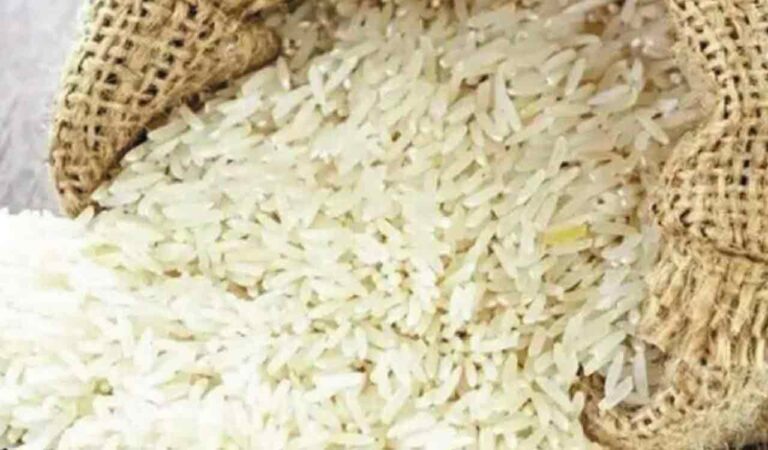It may be recalled that since Yasangi (Rabi) in 2020, the BJP-led coalition government has refused to purchase parboiled rice from Telangana for three consecutive seasons.
UPDATE – 10:57 PM, WEDNESDAY – DECEMBER 14 22

representative image.
Hyderabad: Amid rising foreign demand for rice supplies, the coalition government acknowledged on Wednesday that some African countries have asked India to supply non-basmati rice, including broken and parboiled rice. However, it did not share any specific action plan to facilitate the supply of rice from Indian states such as Punjab and Telangana to other countries with high demand for non-basmati rice, which are producing record amounts of rice.
In response to a question from BRS MPs in the Lok Sabha, Minister of State for Commerce and Industry Anupriya Patel said the total amount of non-basmati rice exported during April-October 2022 was 10.21 million metric tons (MMT). However, she said exports of non-basmati rice declined following the ban on broken rice and the imposition of a 20 percent export duty on non-basmati rice other than parboiled rice on September 8, 2022.
Between 2019-20 and 2021-22, India exported about 35.49 MMT of non-basmati rice, including 16.73 MMT of parboiled rice worth $12.97 billion. Currently, India’s total parboiled rice stocks stand at 2.392 million tonnes.
It may be recalled that since Yasangi (Rabi) in 2020, the BJP-led coalition government has refused to purchase parboiled rice from Telangana for three consecutive seasons. While the state government briefed the Center on the demand for rice in the international market and explored export options in view of rising rice stocks in Telangana, Union Food Minister Piyush Goyal suggested ministers to get the people of Telangana used to eating mince M, this caused an uproar.
In her reply, Anupriya Patel did not give any clear assurances to boost rice exports but said that the Inter-Ministerial Committee (IMC) comprising the Center will take into account various factors such as domestic prices, production, available stocks, production estimates, forecasts etc., and then take steps to export prohibited items, including rice, to support the food security needs of neighboring and vulnerable countries.
